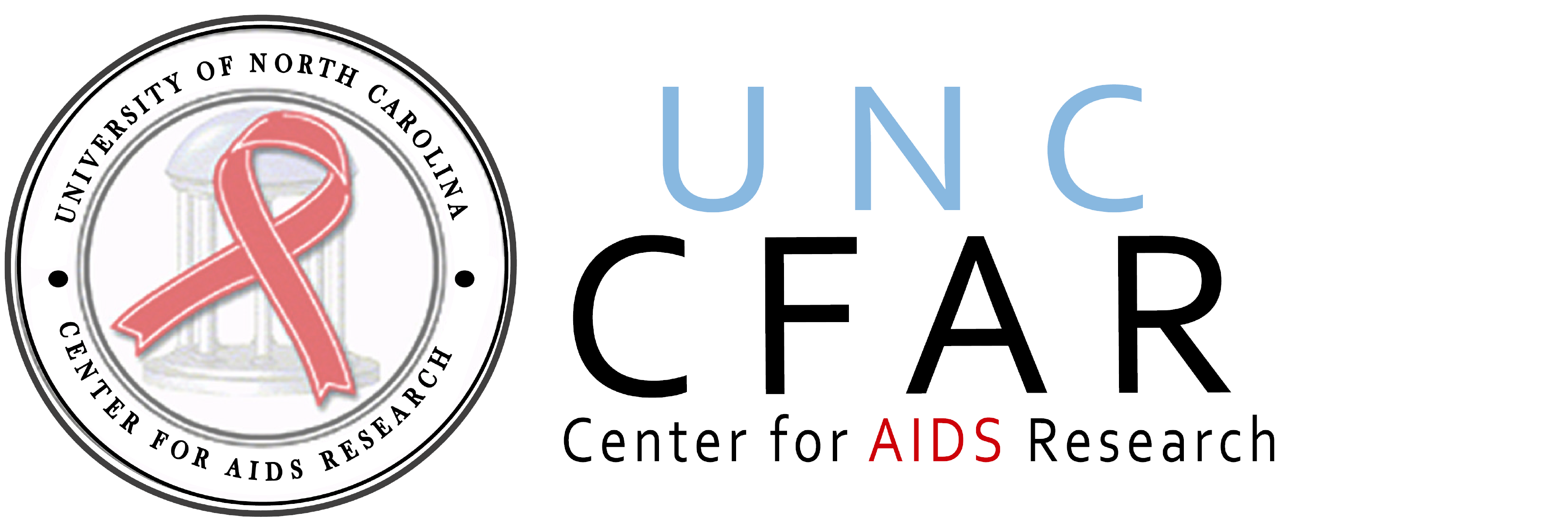This story was originally published March 8, 2022 here.
Benjamin Chi, MD, is Professor of Obstetrics and Gynecology and Adjunct Professor of Epidemiology at the University of North Carolina at Chapel Hill. He has been named Vice Chair for Research and Innovation in the Department of Obstetrics and Gynecology. For nearly two decades, he has worked at the intersection of HIV, maternal and child health, and global health.
Benjamin Chi, MD, is Professor of Obstetrics and Gynecology and Adjunct Professor of Epidemiology at the University of North Carolina at Chapel Hill. He has been named Vice Chair for Research and Innovation in the Department of Obstetrics and Gynecology. For nearly two decades, he has worked at the intersection of HIV, maternal and child health, and global health.
He began his academic career in Zambia during a time of transformative change in HIV and women’s health care. Over this period, he played a key role in the introduction and coordination of new HIV programs, often in places where none had previously existed. He also spearheaded two large public health initiatives funded by the US President’s Emergency Plan for AIDS Relief. Chi’s innovative approach to the care for women diagnosed with HIV led to the identification of new treatment options, improved patient adherence, and reduced the rates of vertical HIV transmission. This work was done in partnership with colleagues at the Zambia Ministry of Health and the University of Zambia, with an emphasis on local capacity building and collaboration.
Since returning to the US in 2015, Chi’s work has continued to be informed by this intersection of clinical and implementation research, research training and mentoring, and public health and policy. His work has been funded by the National Institutes of Health, Centers for Disease Control and Prevention, and numerous private foundations continuously for more than a decade. Cumulatively, he has raised over $30 million in extramural funding to support these efforts.
Chi’s research now spans six African countries. He is studying combination strategies to prevent new HIV infections among pregnant and breastfeeding women. He is also investigating optimal doses of HIV pre-exposure prophylaxis during pregnancy and breastfeeding. These studies are supported by two NIH R01 awards, which he leads as principal investigator. He is also the protocol co-chair for IMPAACT 2009, a multi-center clinical trial investigating the pharmacokinetics, safety, and acceptability of HIV pre-exposure prophylaxis among pregnant and breastfeeding women.
Chi currently directs four NIH-funded research training programs. He serves as principal investigator for the UJMT Fogarty Global Health Fellows Program, which supports 20-25 individuals each year in mentored research training. As director of the coordinating center, he leads a consortium of four US universities (UNC, Johns Hopkins University, Morehouse School of Medicine, Tulane University) and a large network of 30 international institutions. He is also the lead for the UNC Global Women’s Health Fellowship and co-lead for the UNC-UNZA-Wits Partnership for HIV and Women’s Reproductive Health. Since 2020, Chi has become increasingly engaged in departmental research and faculty development as well. He is the research director for the UNC Women’s Reproductive Health Research Program, an NIH-funded career development program for promising Ob-Gyn researchers. He also developed educational opportunity for fellows across the department.
A dedicated mentor, Chi has advised numerous graduate students, postdoctoral fellows, and junior faculty across the UNC School of Medicine and the UNC Gillings School of Global Public Health. Since 2015, he has mentored over 30 early-stage investigators, including eight who are funded by NIH K career development awards. Chi was awarded a K24 mentoring award from the National Institutes of Health to support these efforts. Many of his mentees have gone on to independent research careers of their own.
Finally, Chi is an internationally recognized expert in the prevention of mother-to-child transmission of HIV and worked with the World Health Organization and UNICEF to translate research into global policy and practice. At UNC, he serves as co-director of the UNC Center for AIDS Research International Core, director of global fellowships and training programs at the UNC Institute of Global Health and Infectious Diseases, and as member of the Lineberger Comprehensive Cancer Center.
